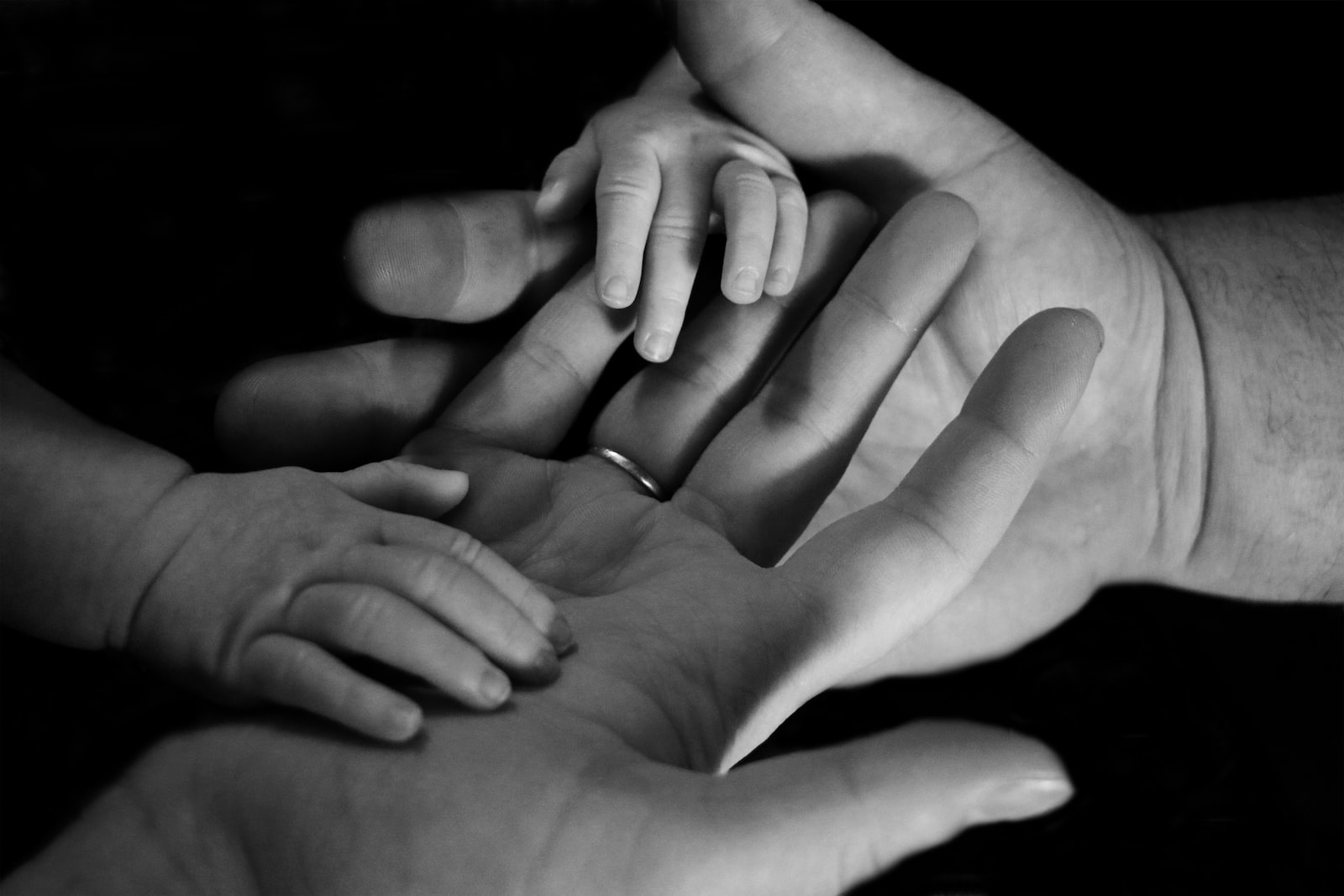Six weeks after the U.S. Supreme Court overturned the Roe v. Wade decision and returned power to regulate abortion law to the states, legislators and voters across the nation are weighing in on what a post-Roe landscape will look like.
On Aug. 5, Indiana became the first state to pass a new abortion ban since the overturning of Roe. Previously in the state, abortion has been legal up to the 22nd week of pregnancy but starting Sept. 15, abortion will become illegal except in cases of rape or incest before 10 weeks of pregnancy; in cases of a lethal fetal anomaly; or to preserve the life and physical health of the mother.
Indiana Gov. Eric Holcomb also signed a measure into law that allocates roughly $75 million to “support the health of pregnant women, postpartum mothers, and infants” and to help low-income families with children younger than age 4.
The new funding includes $45 million for the new Hoosier Families First Fund; $10 million for child care vouchers through the Child Care and Development Fund; $5.5 million for the Safety PIN grant program, which aims to reduce infant mortality; $10 million for the Nurse-Family Partnership program, which provides expectant mothers additional care through the help of a nurse; $2 million to Real Alternatives, a pro-life nonprofit that oversees crisis pregnancy centers; and $700,000 for Medicaid to cover additional medical expenses. The law also eliminates the sales tax on diapers and increases the adoption tax credit.
Tax exemption for pre-born
In Georgia, where a “heartbeat law” bans abortion past 6 weeks of pregnancy, the state Department of Revenue issued a statement Aug. 1 stating it would “recognize any unborn child with a detectable human heartbeat … as eligible for the Georgia individual income tax dependent exemption” in the amount of $3,000.
At the federal level, Sen. Mitt Romney of Utah and Marco Rubio of Florida have introduced the New Parents Act, which would allow some lower-earning parents to use a portion of their Social Security benefits to pay for paid parental leave after the birth or adoption of a child.
Parents taking the option could take 1 to 3 months of leave in exchange for retiring later or receiving a reduced monthly Social Security benefit in retirement. Some low-income parents might be eligible to take longer than 3 months of leave with the benefit.
“The benefit amount is large enough that nearly all parents below the median household income of about $60,000 will be able to take significant leave at a rate of two-thirds of their prior wages,” according to information released by the bill’s sponsors.
In an interview with the Christian Post, Lila Rose, founder and president of the pro-life advocacy organization Live Action, praised state and federal efforts to help families raise their children and said such policies should be the focus of pro-life efforts going forward.
The pro-life movement “should be focused on both private and public financial support for families to help them raise their children,” she said, because “it can be very hard to raise children in our world today, not just because of our culture but because of these economic struggles that many families face, would-be parents face.”
Bans in place
Eleven states have either banned abortion completely or implemented a ban on abortion starting at six weeks of pregnancy since the Supreme Court issued its ruling in Dobbs v. Jackson Women’s Health Organization on June 24. That decision overturned federal protections for abortion.
According to information published by the Guttmacher Institute, a research organization affiliated with the abortion movement, several states had either banned abortion completely (Alabama, Arkansas, Mississippi, Missouri, Oklahoma, South Dakota and Texas) or implemented a ban on abortion starting at six weeks of pregnancy (Georgia, Ohio, South Carolina and Tennessee). An abortion ban is set to take effect this month in Idaho as well.
Several states, including Alabama, had so-called “trigger laws” in place that took effect immediately when the decision in Guttmacher reports that Alabama, which previously had 5 abortion clinics in operation, now has zero.
The seven states that have banned abortion completely with very limited or no exceptions accounted for 80,500 abortions in 2020, according to the Guttmacher report.




Share with others: